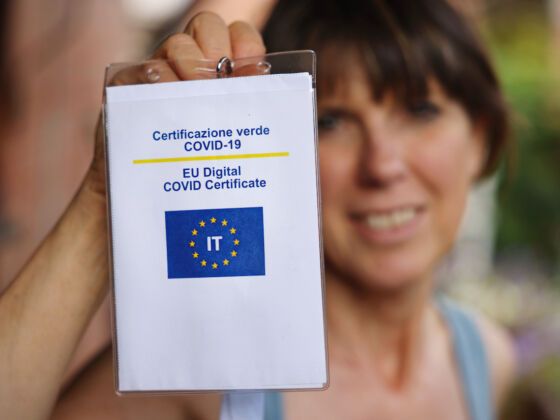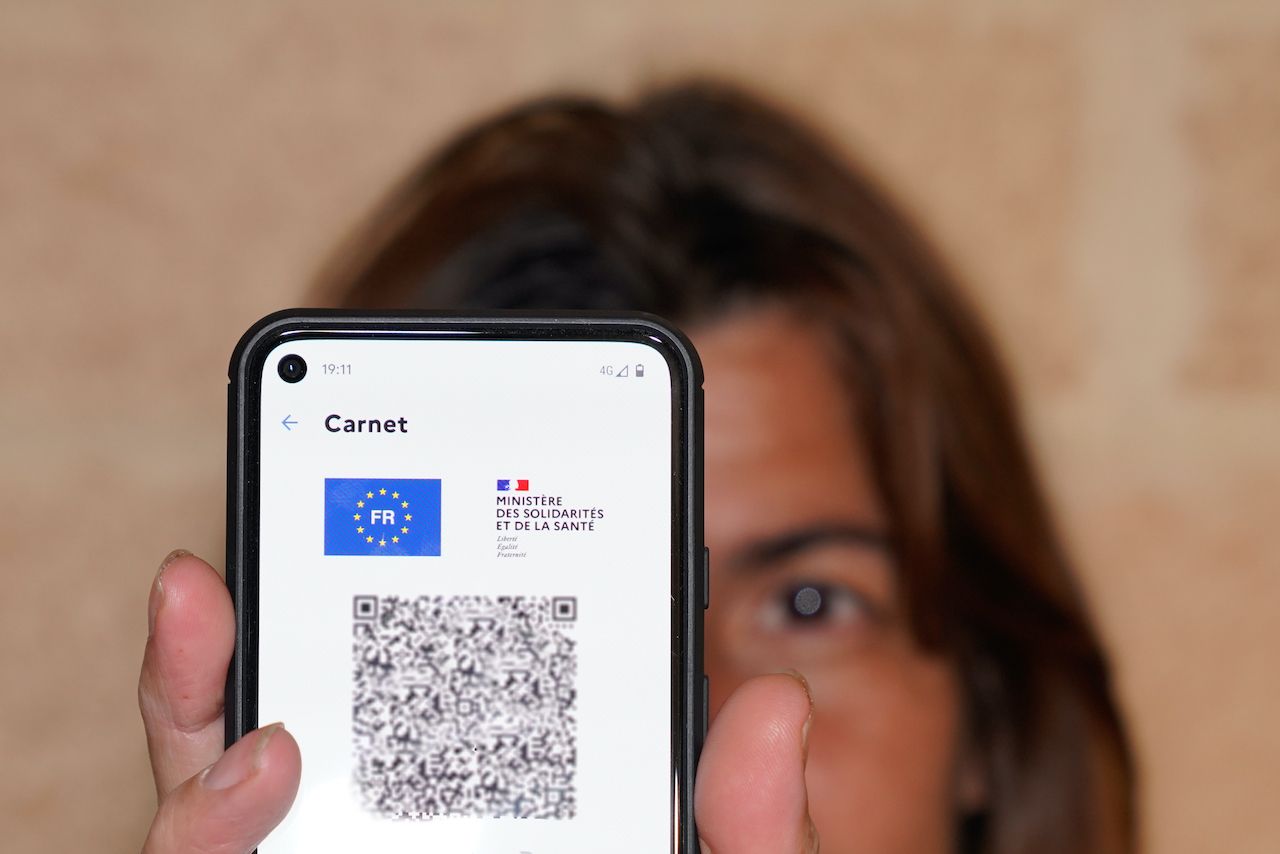Traveling around Europe looks a lot different now than it once did. Previously, United States citizens could board a flight on a whim, hop on a few trains, and visit multiple countries in the course of a week without considering potential restrictions. In large part, US travelers didn’t need to worry about being denied the ability to cross borders or enter venues.
Now, European travel means constantly checking the most recent entry requirements, worrying about your PCR test results, and, most importantly, Europe’s Digital COVID Certificate. The EU’s Digital COVID Certificate is a pass that certifies your COVID-19 status. The program was implemented on July 1, 2021, as a streamlined and uniform way for countries and venues to check that visitors aren’t infected with COVID-19.
Here’s how it works.

